Microplastic-eating plankton may be worsening crisis in oceans, say scientists – the Guardian
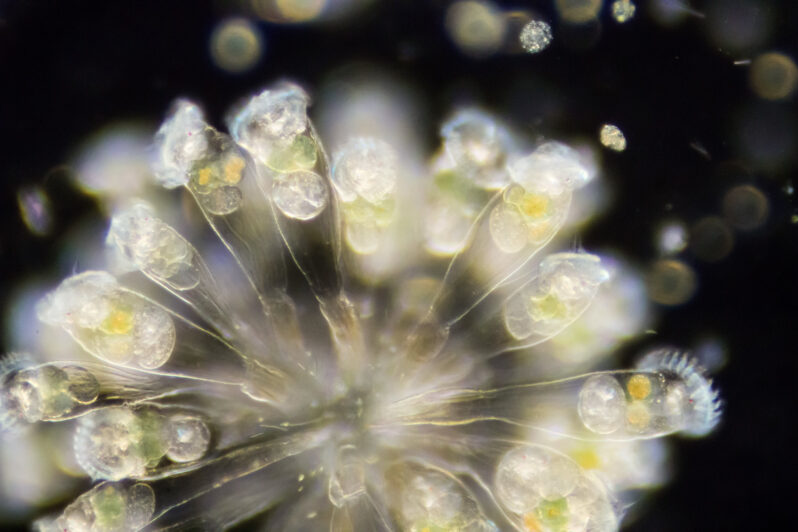
A type of zooplankton found in marine and fresh water can ingest and break down microplastics, scientists have discovered. But rather than providing a solution to the threat plastics pose to aquatic life, the tiny creatures known as rotifers could be accelerating the risk by splitting the particles into thousands of smaller and potentially more dangerous nanoplastics…
Alarming’ scale of marine sand dredging laid bare by new data platform – the Guardian
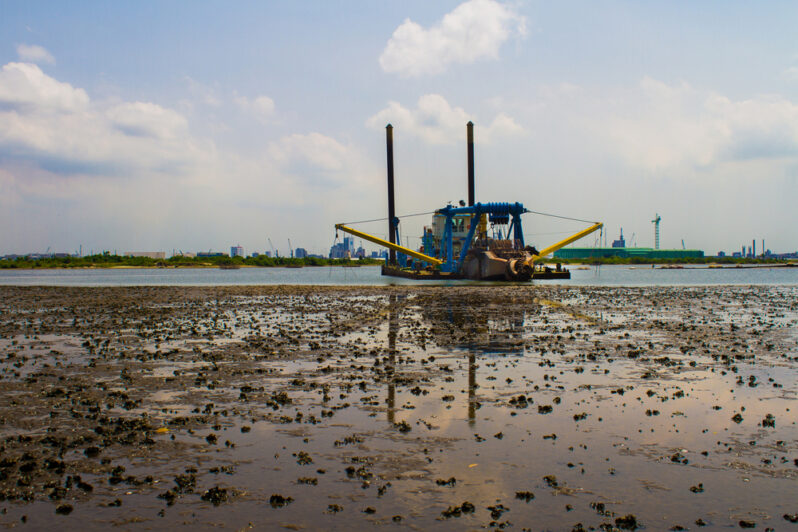
One million lorries of sand a day are being extracted from the world’s oceans, posing a “significant” threat to marine life and coastal communities facing rising sea levels and storms, according to the first-ever global data platform to monitor the industry….
Before the flood: how much longer will the Thames Barrier protect London? – the Guardian
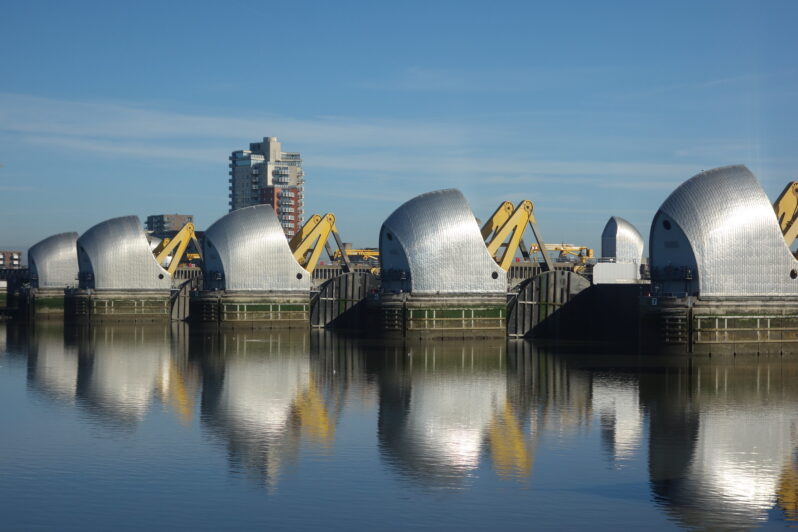
The last time the Thames broke its banks and flooded central London was on 7 January 1928, when a storm sent record water levels up the tidal river, from Greenwich and Woolwich in the east as far as Hammersmith in the west. Built on flood plains, the capital was defended only by embankments. The flood waters burst over them into Whitehall and Westminster, and rushed through crowded slums. Fourteen died and thousands were left homeless…
NGO retracts ‘waste colonialism’ report blaming Asian countries for plastic pollution – the Guardian
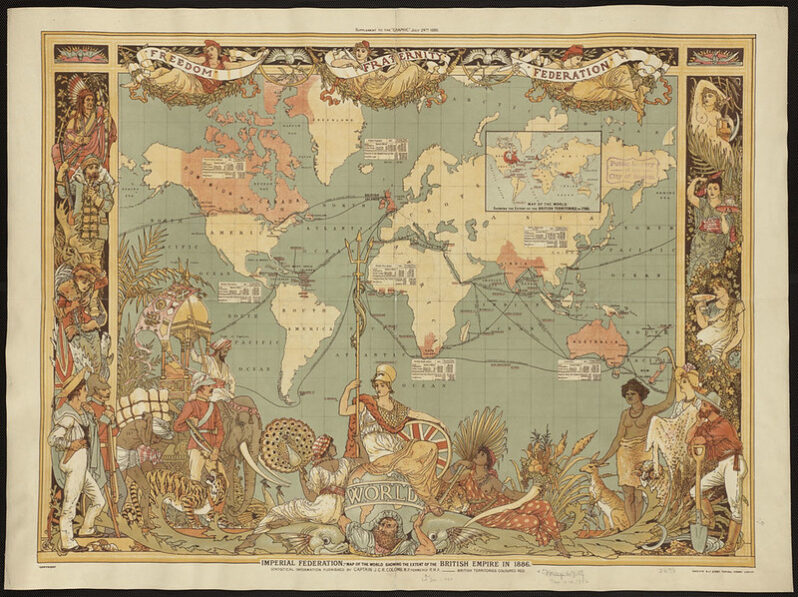
Ocean Conservancy apologises for ‘false narrative’ of 2015 study that put blame for bulk of world’s plastic waste on five Asian states.
Nurdles: the worst toxic waste you’ve probably never heard of – the Guardian
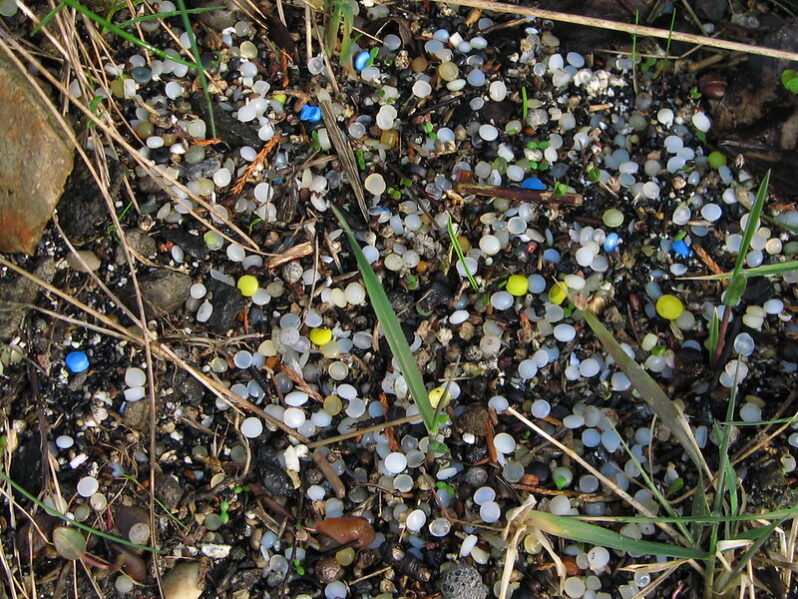
Billions of these tiny plastic pellets are floating in the ocean, causing as much damage as oil spills, yet they are still not classified as hazardous
